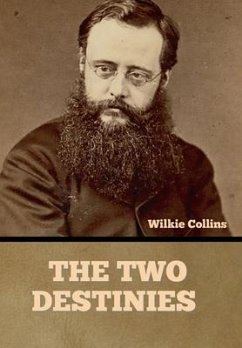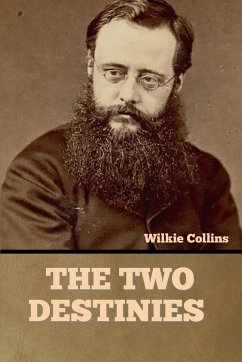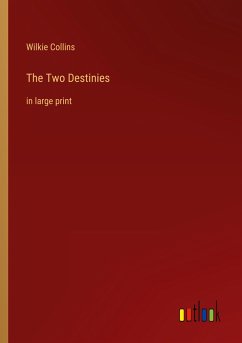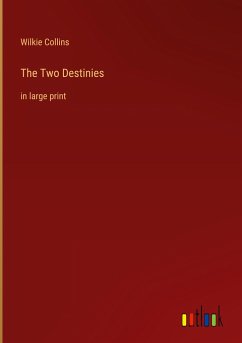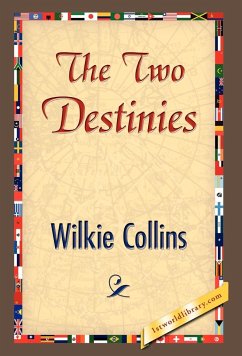
The Two Destinies
Versandkostenfrei!
Versandfertig in über 4 Wochen
28,99 €
inkl. MwSt.

PAYBACK Punkte
14 °P sammeln!
Look, Rita! look! "What can it mean, Ni-ha-be?" "See them all get down and walk about." "They have found something in the grass." "And they're hunting for more." Rita leaned forward till her long hair fell upon the neck of the beautiful little horse she was riding, and looked with all her eyes. "Hark! they are shouting." "You could not hear them if they did." "They look as if they were." Ni-ha-be sat perfectly still in her silver-mounted saddle, although her spirited mustang pony pawed the ground and pulled on his bit as if he were in a special hurry to go on down the side of the mountain.





